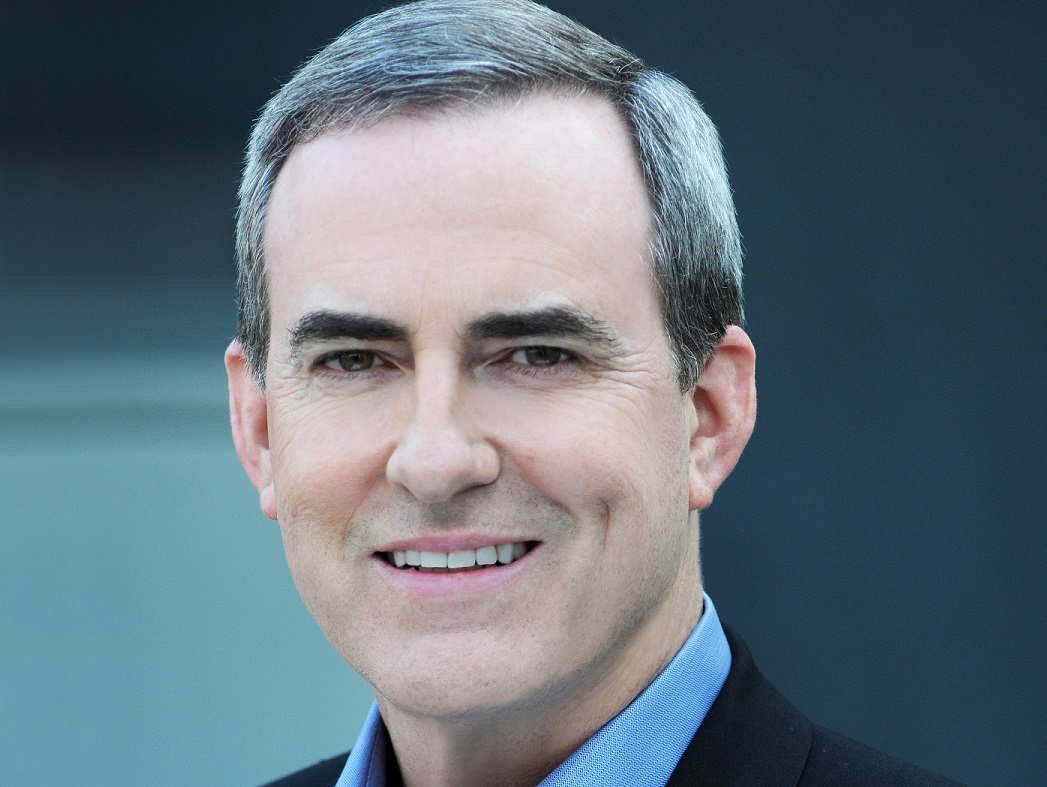
William says: “I reckon Libertarianism is largely misunderstood. Let me explain. I am a venture capitalist and that is all about the free market. It is about helping people innovate and improve their business and giving them the capital to do it.
“Whereas traditional banking is very bureaucratic. There are set rules and if people don’t meet those requirements then they can’t get a loan. It’s a very closed environment.”
William believes that libertarians tend to be much more open minded and flexible. He would love if all customer service agents were libertarians as he reckons their views would be much better than the top down approach. He also thinks that the libertarian message is often judged quite harshly – it doesn’t sound as appealing as the progressive message which says it will take care of everyone.
“In reality, the libertarian viewpoint is to create a level playing field for everyone. It does away with crony capitalism, the idea of having a master. In addition, when you look at today’s capitalism it is most certainly not free market capitalism. In 2008 the banks ran amok and were bailed out by the public purse. That is not a level playing field at all.”
Curious Customers or Convenient Customers
When it comes to the customer, William’s years at Disney taught him it is not curiosity that keeps the customers but convenience.
“For sure customer services must be curious to understand the customers but when it comes to customers the main thrust is convenience.”
William uses the phrase that consumers ‘pray to the God of convenience’ in which customers will always defer towards the most convenient path. Passwords are often bypassed if let and customers will even purchase a lower quality product, even more expensive, if it is easier to use.
“I often wonder who someone like me – with a keen focus on making things easy and convenient for customers – ended up in Blockchain.”
HODLing during a Bubble
William has seen his fair share of bubbles; financial, housing, dot.com and crypto. And while he appreciates it can be hard to see beyond the edge of the bubble, even if you suspect you may be in a bubble, to the other side. It’s human nature as he sees it to jump ship. However, his advice, if you can hold onto whatever it is you are into, hodl, and only look to get out when you reckon it is 25% up on the bottom.
“Not 10% because that can often be a dead cat bounce, but 25% is a good rule of thumb.”
While William emphasizes he is not a financial advisor and this is not financial advice, he does enjoy watching assets. It is his job to evaluate assets and this is where the value of assets can be confusing.
“In tough times, like a recession or with bad financial news, the stock exchange can still go up which drives people nutty. It doesn’t make sense but of course the markets don’t work on current value, they track future values.
“Like right now there are 40 million Americans out of work but the markets are not reflecting it. The markets are expecting a V shaped recovery after COVID. This is a man-made crisis if you will, and once the lockdown is lifted, the economy is expected to recover very quickly.”
Wtf is a dead cat bounce